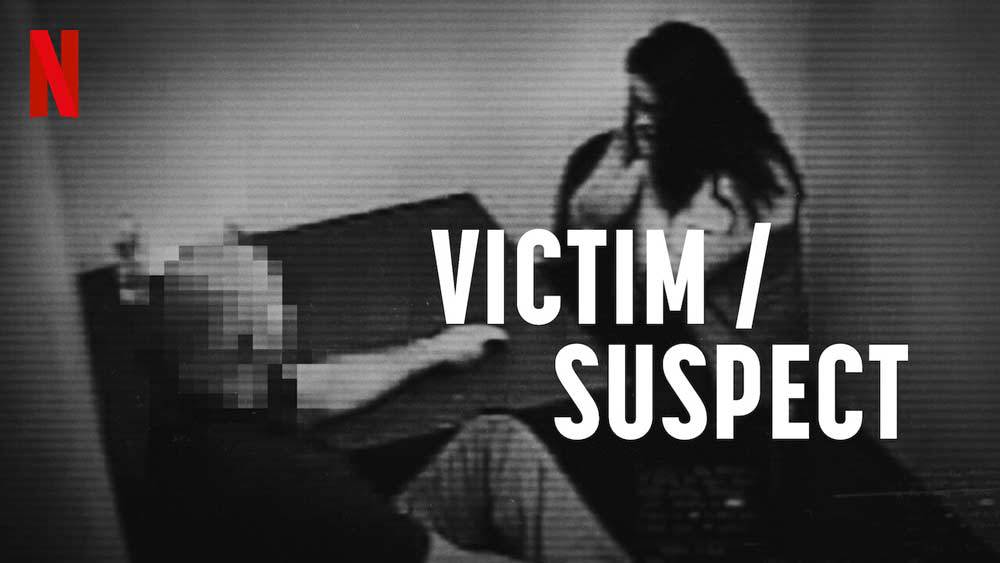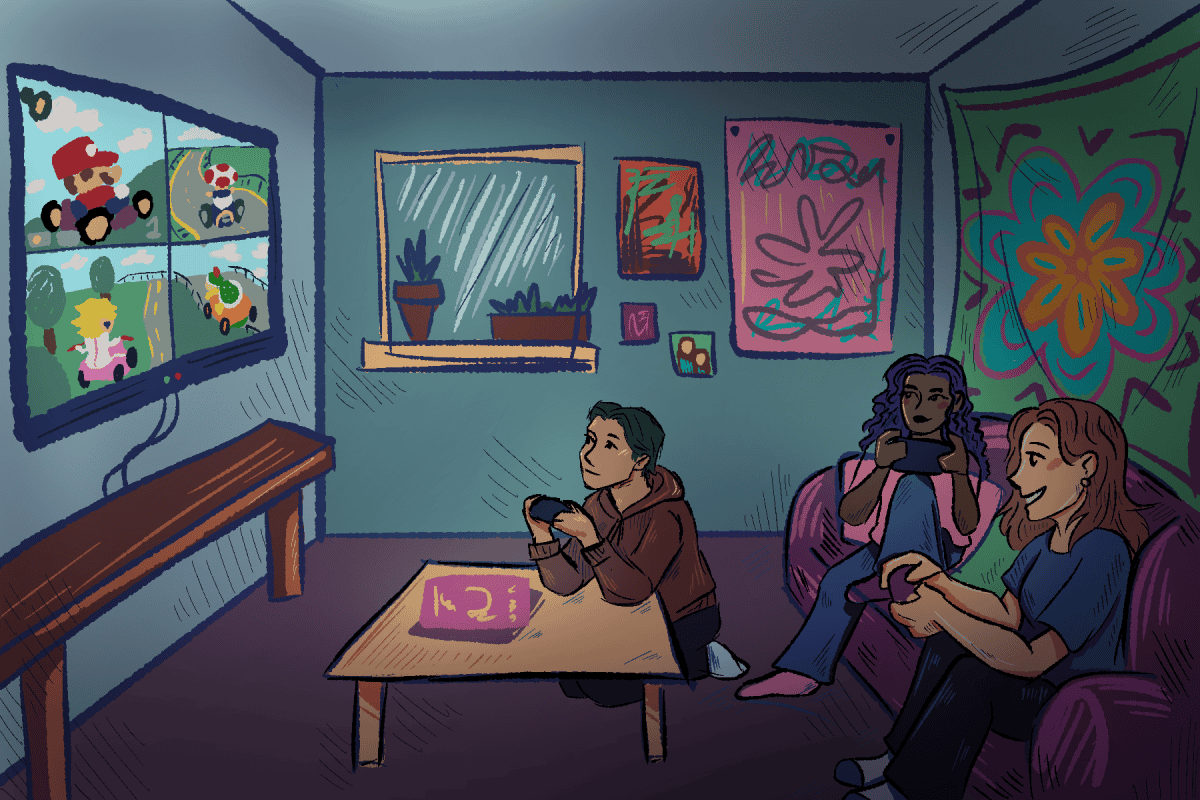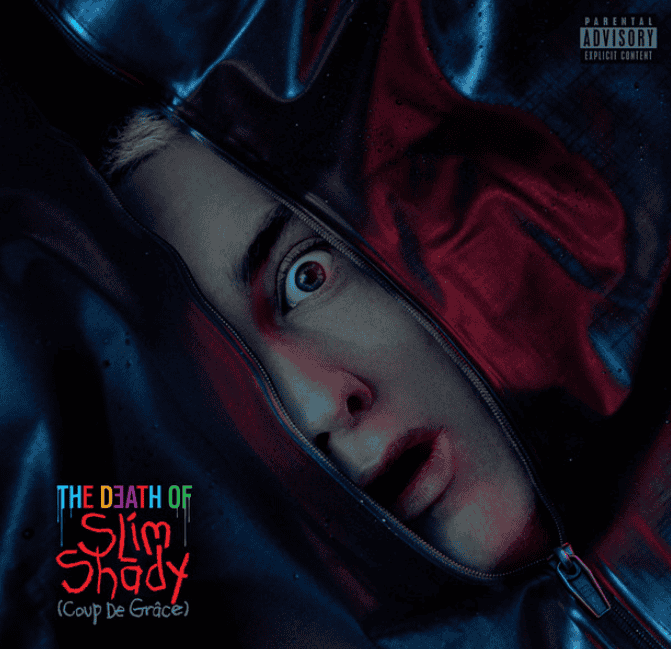Not On My Campus partnered with the SGA to show a screening of the Netflix documentary “Victim/Suspect” on Wednesday at the Student Center Theater.
Along with the screening, there was also a panel with Tiffany Marcantonio, an assistant professor teacher in the Department of Health Sciences; Emma Mannion, one of the survivors from the documentary; and Rachel De Leon, an investigative reporter for Reveal, an initiative of the Center for Investigative Reporting.
This documentary goes into detail about sexual assault and rape.
Directed by Nancy Schwartzman, “Victim/Suspect” began streaming on Netflix on May 23, and received a 79% critics score on Rotten Tomatoes. The documentary follows de Leon’s discovery of legal cases where young women were charged with false reporting of rape and sexual harassment.
Caitlyn Bobo, a senior majoring in neuroscience and the president of Not On My Campus, said that the organization aims to end the silence surrounding sexual assault through events like this one.
The Tuscaloosa SAFE Center brought advocates and therapists who were available to anyone at any point during the film.
The documentary discusses the stories of young women, in this case college students, who went to the police to report rape or sexual harassment but instead got arrested for making a false report. Despite inadequate evidence that the women were lying, they were taken away in handcuffs.
Mannion, Dyanie Bermeo, Megan Rondini and Nikki Yovino are the four young women the film focuses on.
Mannion and Bermeo not only talk about their experiences but also revisit the places where their alleged attacks happened to give more details on what happened.
In the panel discussion, Mannion, a UA student at the time she reported her assault, said that the way the police interrogated her should not have happened and that she does these panels to let people know they are not alone and to educate others.
Rondini’s story is different from Mannion’s and Bermeo’s cases because Rondini, also a UA student, was not charged with false reporting but rather with theft after taking cash to get home. Before a grand jury could vote, however, Rondini took her own life. Her story is known throughout Tuscaloosa, and her case was handled by the same police unit as Mannion’s.
All cases talked about in “Victim/Suspect” had two things in common: The police lied to the victims, and the victims were the ones arrested.
When police lie during the interrogation process, it is called a ruse. In Alabama, police are legally allowed to do so. De Leon said during the panel that she wants people to know that it is not their fault if an interview starts to go in the wrong direction. She said interrogation is a very confusing experience, especially after a traumatic event.
Marcantonio talked a bit about consent and victim blaming. Consenting to one thing does not mean consenting to other activities, she said.
The reality of the story is the most heartbreaking part of it. According to the documentary, there are over 460,000 sexual assaults in the U.S. each year. Thirty percent of those are reported to the police, and only 1% of perpetrators are prosecuted. According to Alabama Public Health, 1,890 cases of rape were reported to law enforcement. In the documentary, LSU law professor Lisa Avalos cited a 2012 report from the National Sexual Violence Resource Center, which estimated that between 2%-10% of sexual assaults reported are actually false reports.
“Victim/Suspect” shines a light on a difficult topic and gives space for others to share their stories.
If you or someone you know has been sexually assaulted, please call a local rape crisis center and know that there are resources available to you. The Women and Gender Resource Center at the University is equipped to handle cases of sexual assault.







